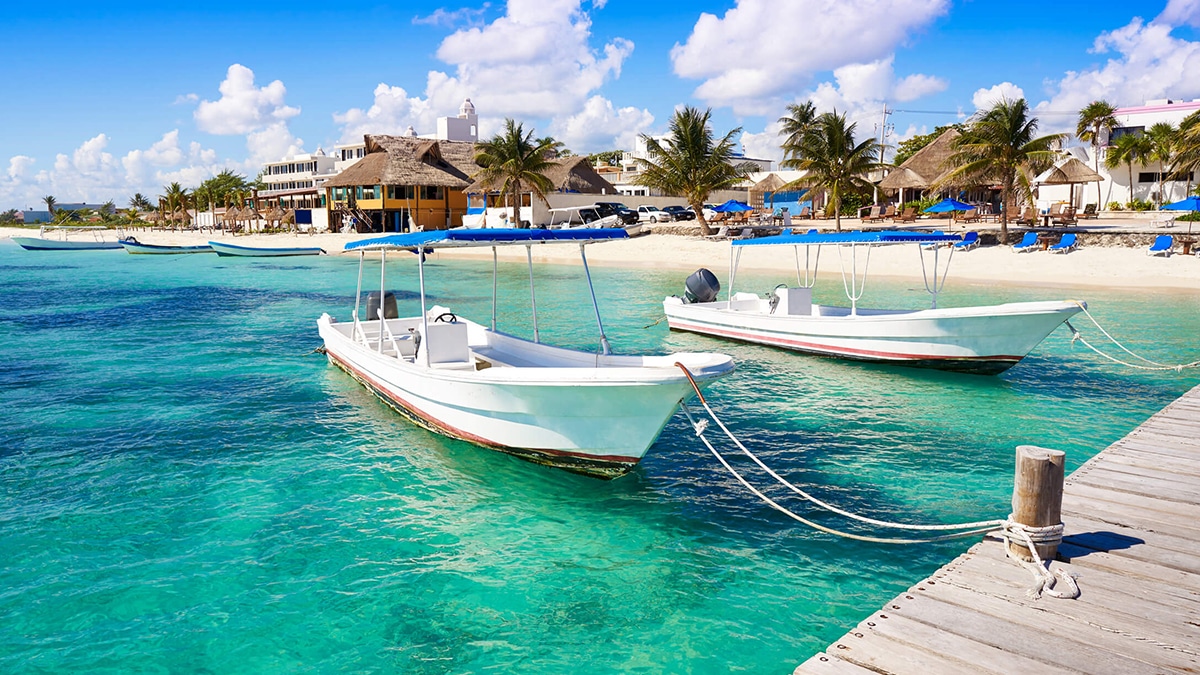In this guide
Australians are inveterate travellers, so when it comes time to retire it’s probably not surprising that many dream about retiring overseas.
In fact, the number of Australians retiring overseas was increasing dramatically until the COVID-19 pandemic hit and international borders were slammed shut.
In 2018–19, the last full financial year before COVID, 9,150 Australians aged 65 and over emigrated from Australia. According to the Australian Bureau of Statistics (ABS), this was up 18% on the previous year and up 66% over the decade.
By 2020–21, only 5,610 of Australians aged 65-plus retired overseas, down 39% on the previous year and down 7% over the decade. More recent figures are not yet available, but it will be interesting to see whether the trend resumes once the pandemic is behind us.
The most popular retiree destinations for Australians include New Zealand, Italy, Greece, Spain and Portugal. Asian destinations including Thailand, Malaysia, Vietnam, Bali and Cambodia are also attractive because of their proximity and low cost of living.
Retiring overseas can have big implications for your super and tax and it’s wise to seek detailed financial, super and tax advice from a financial planner before you start to make plans to relocate.
Why do Australians want to retire overseas?
The main reasons for leaving Australia and retiring overseas include:
- Family ties – being closer to adult children and grandchildren or extended family in country of birth
- A desire for travel, warmer weather or to live in a new culture
- The cheaper cost of living in some countries compared to Australia
- The cost of housing, inadequate social security payments and everyday living expenses in Australia
If you’re considering making the move overseas and are doing research about cost of living in different countries, Numbeo has detailed analysis. International Living compiles an annual ‘Best places to retire’ list which is US-centric but still a useful place to start your research.
The ASFA Retirement Standard estimates a comfortable retirement lifestyle in Australia will cost a couple almost $72,000 a year and singles around $51,000. For anyone who relies on the Age Pension this is a stretch, especially if you don’t own your home and/or have a limited amount in super. So, it’s worth checking out what it may cost you to live in your preferred country.
Pros and cons of retiring overseas
The potential advantages (dependent on location) of retiring overseas include:
- Cheaper food and living expenses, for example, utilities and transport
- Cheaper property prices, renovation costs and rent
- Accessibility to high quality, affordable healthcare
- Increase in desirable lifestyle factors, for example less stress and more disposable income.
Possible disadvantages include:
- Forfeiting Medicare benefits after five years
- Cost of health insurance cover
- Tax implications for remaining Australian assets
- Inability to transfer super overseas (except to New Zealand – see below)
- Leaving behind family and friends.
Can I access my super?
What happens to your super depends on your residency status – either Australian citizen/permanent resident, or a temporary resident – and whether you meet a condition of release.
If you are an Australian citizen or permanent resident you will be able to access your super provided you meet the normal conditions of release, or you’re moving to New Zealand, which allows you to transfer your super to a KiwiSaver account. While super pensions and lump sums are generally tax free for retirees once you turn 60, some countries may levy tax on your income or ‘wealth’.
If you are a temporary resident, you may be eligible for a departing Australia superannuation payment (DASP), in which case you can contact your fund trustee to request the release of your super.
SMSFs also have strict compliance rules about trustee control being based in Australia, which may have a big impact on your fund.
Whether you are a member of an APRA-regulated super fund or an SMSF, we strongly recommend you seek independent financial advice before you consider retiring overseas.
Read about the experiences of Australians who have retired overseas.
Learn more about the SMSF residency rules.



